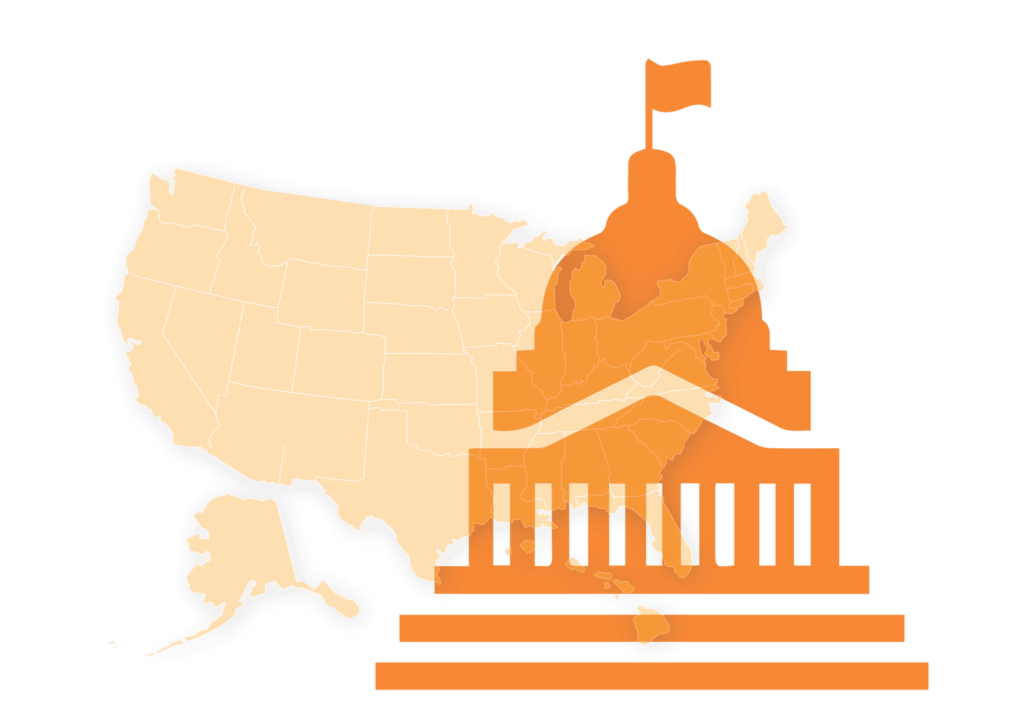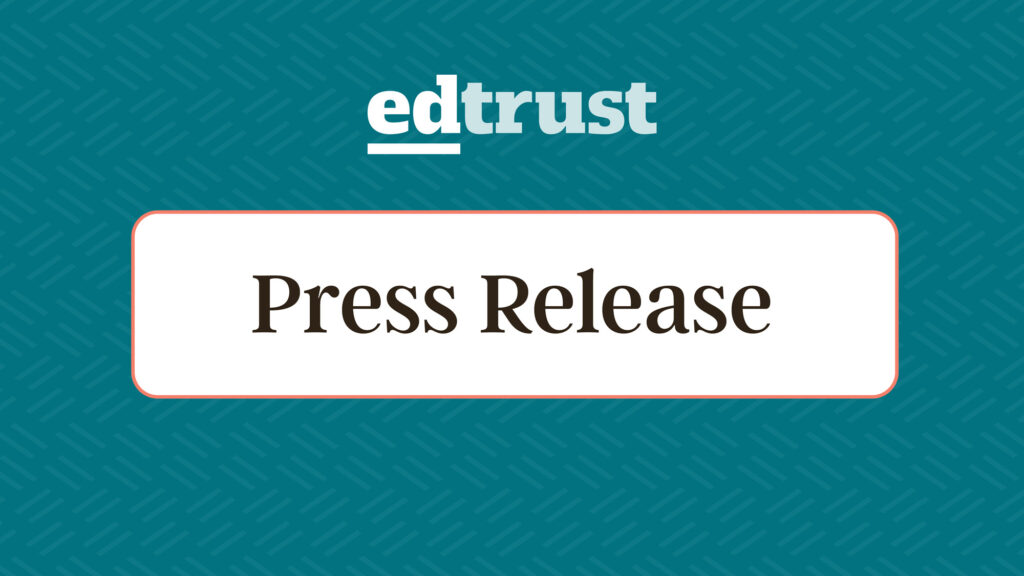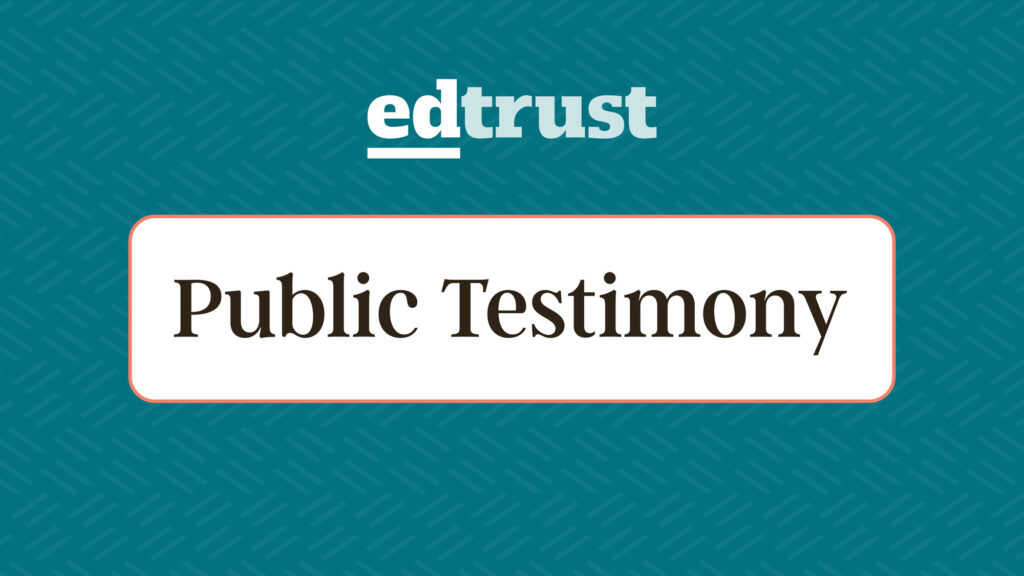Dear Chair Murray, Ranking Member Blunt, Chair DeLauro, and Ranking Member Cole:
We, the undersigned organizations, representing a diverse coalition of education associations, civil rights groups, think tanks, researchers, and stakeholders with strong interest in improving college graduation rates, write again to express our support for appropriating at least $200 million for Postsecondary Student Success Grants (PSSG) in Fiscal Year 2023 (FY23), and for the tiered evidence language contained in the House Labor-HHS-Education appropriations report. In addition, we believe that the final language should include labor market outcomes along with college retention and completion, as requested in the President’s FY23 Budget. This investment builds on both the bipartisan FY22 omnibus funding bill that allocated $5 million for Postsecondary Student Success Grants and the various funding increases proposed in the President’s Budget request and House and Senate Labor-H appropriations bills. The tiered evidence program is vital to developing, implementing, and scaling evidence-based retention and completion reforms enacted by partnerships of states, systems of institutions, and colleges and universities. These reforms break down barriers to college completion, boost college completion rates, and increase the public return on investment in higher education.
While high school graduation rates have improved steadily nationwide in recent decades , college completion rates have not kept pace, and large racial gaps in degree attainment persist. Students from low-income backgrounds, students of color, and first-generation college students face greater barriers to earning a degree, accessing the high-quality jobs that need to be filled, and attaining the upward mobility experienced by college graduates.
These are major challenges, but they can be addressed. Rigorous research demonstrates that college completion initiatives that provide comprehensive and customized supports are highly effective at advancing postsecondary outcomes across a variety of regional and institutional contexts. Randomized controlled trial studies of several models have shown positive impacts on short-term outcomes such as persistence and credit accumulation. Additionally, a broad swath of programs operate in varying geographic and demographic areas across 23 states. Federal investment to replicate proven college completion programs like these at more institutions and bolster the evidence base for other promising student success practices is urgently needed to get more students across the finish line to a postsecondary degree.
Congress has an exciting opportunity to help increase college completion and build on prior bipartisan funding by increasing investment in Postsecondary Student Success Grants. We urge you to include at least $200 million for PSSG alongside the tiered evidence language, in addition to adding language valuing labor market outcomes, in the House Labor-HHS-Education appropriations report in the final FY23 Labor-HHS-Education appropriations bill. Thank you for your consideration of this needed investment to increase postsecondary completion and strengthen our economy.
Sincerely,
America Forward/New Profit
American Association of State Colleges and Universities
American Federation of Teachers
Association of Public and Land-grant Universities
Bottom Line
Catholic Charities Fort Worth
City University of New York-ASAP|ACE
Excelencia in Education
Higher Learning Advocates
InsideTrack
Institute for Higher Education Policy (IHEP)
National Association of State Student Grant and Aid Programs
National College Attainment Network
One Million Degrees
Project QUEST
Results for America
State Higher Education Executive Officers Association
The Education Trust
The Institute for College Access & Success
UnidosUS
Wilson Sheehan Lab for Economic Opportunities (LEO) at Notre Dame







 August 28, 2025 by
August 28, 2025 by 